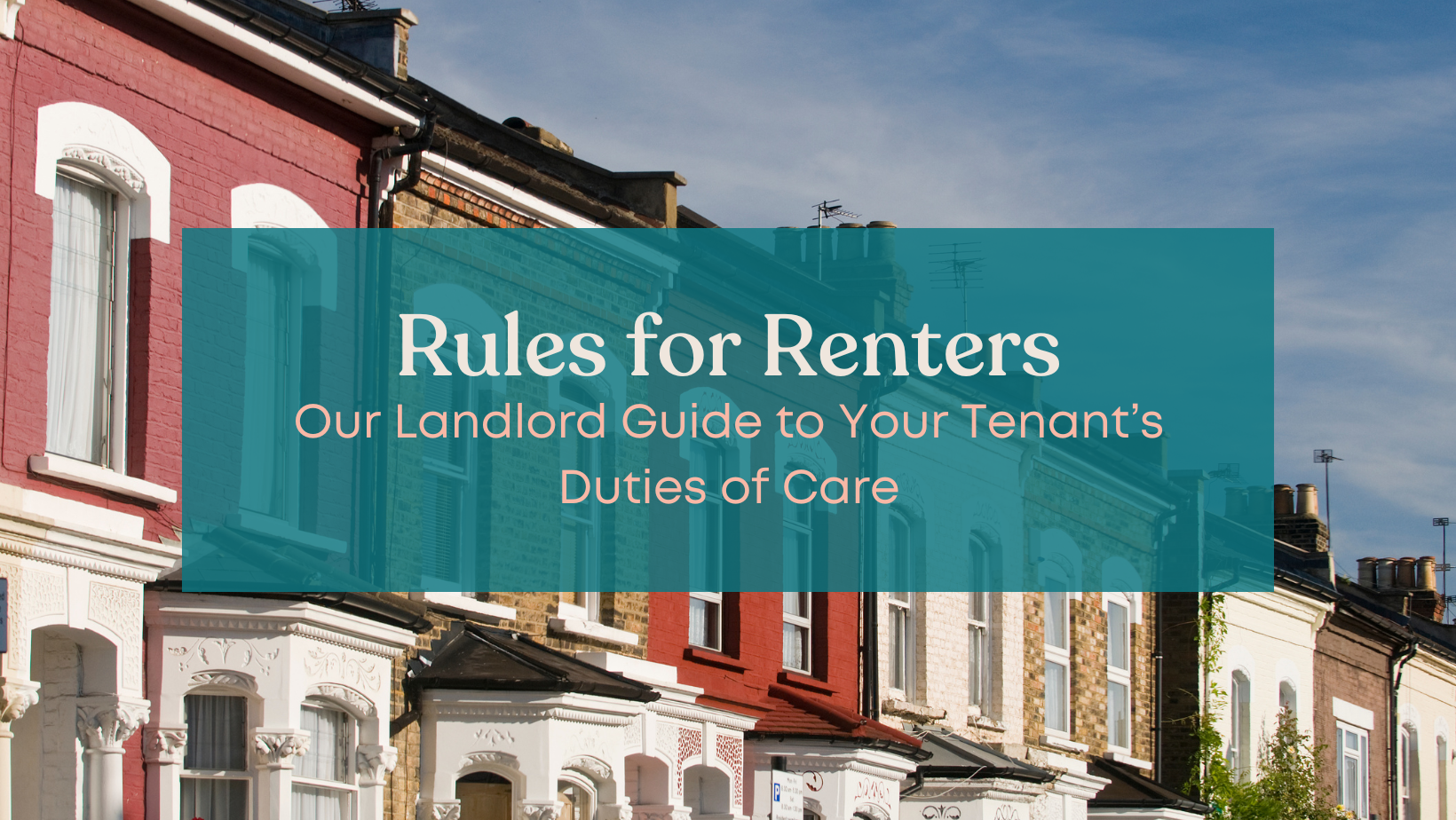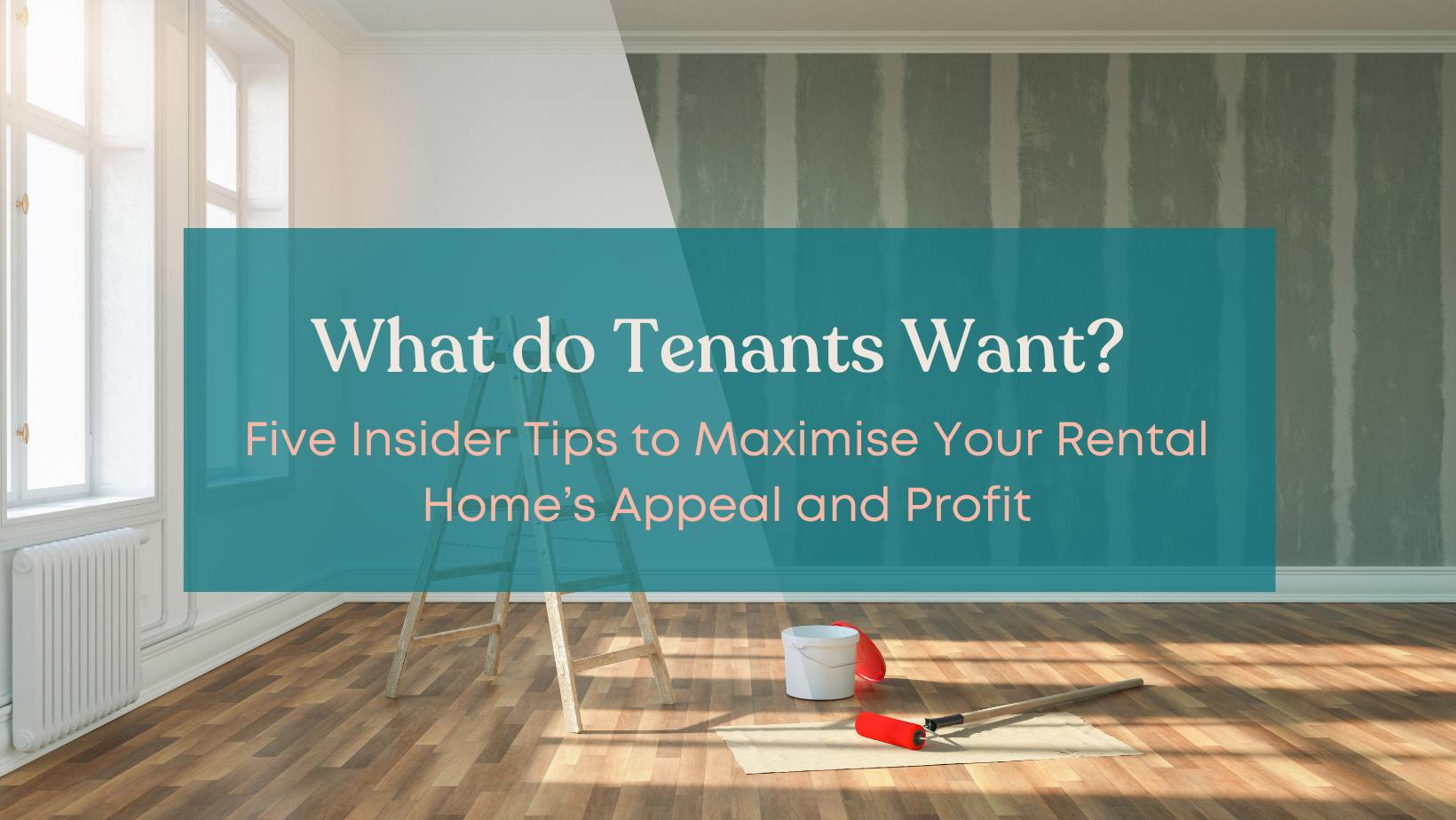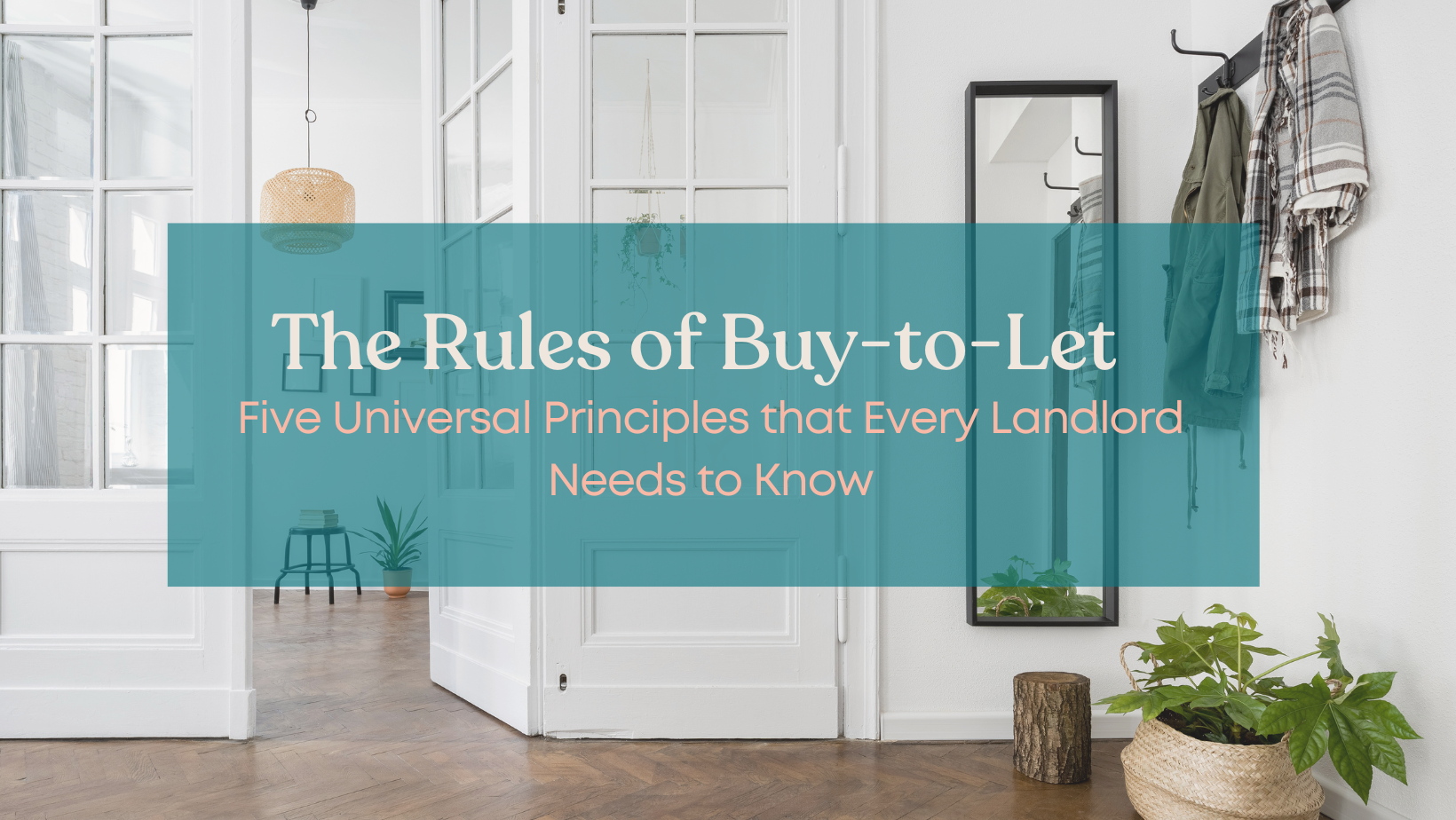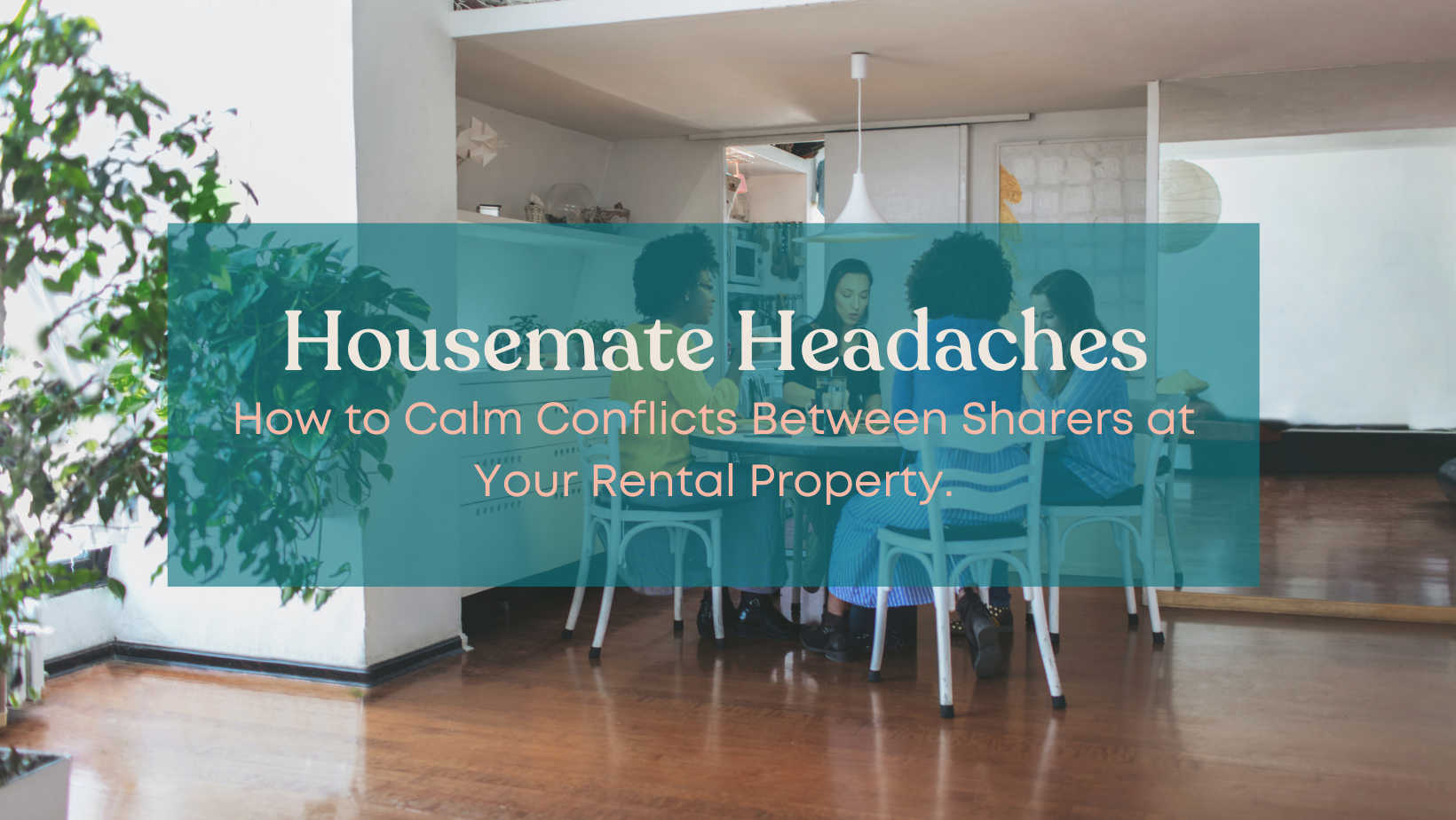It didn't come as a shock to many within the industry when Housing Secretary Robert Jenrick extended the ban on evictions for another 4 weeks just 2 days before courts were due to resume eviction hearings on the 23rd August. This brings the total eviction ban period to 6 months, with the soonest cases now to be heard on 20th September.
There is lots of confusion and fearmongering at the moment, so I'm here to answer some top Landlord FAQs.
1. How do I tell the tenant that I want them to leave?
There are two types of notice a tenant can be served;
- a Section 8 (Notice to Quit) can be served when a tenant is in breach of contract, including at least 2 months in arrears on rent payments, and can be served at any time during the tenancy including during the fixed term.
- a Section 21 (Notice of Possession), sometimes referred to- a bit provocatively in my opinion- as a 'no fault eviction'. A Section 21 can be served for any reason, as long as the tenancy was set up correctly. It cannot be served before 4 months into the tenancy and cannot ask the tenant to leave before the end of the fixed term.
2. Are there any changes to notice types due to Covid 19?
Yes. A new Form 6A (Section 21) and Form 3 (Section 8) have been published by the government which should be used between 26th March 2020 and 30th September 2020.
3. Can I still serve notice during this period?
Yes, you can continue to serve notices as usual, in line with the new Covid-19 related notice periods (see below). If the tenant co-operates, you can still serve notice and have them leave the property in the usual manner. The new notice periods are a minimum period that YOU must give the tenant. Once notice has been served, the tenant can choose to leave earlier than the notice period end date, as long as the fixed term of their AST has passed (in the case of Section 21). If the tenant is 2 months or more in arrears we recommend serving both notice types together.
4. How much notice do I need to give them?
The previous notice period for Section 8 was a minimum of 14 days and for Section 21 was 2 months, pre-covid. The rules that came into effect at the beginning of lockdown increased that period to 3 months on all repossession notices, and the new rules mean that notice served after 21st August 2020 must give tenants at least 6 months notice, and this will be the case until at least March 2021.
5. What happens if they don't leave voluntarily?
At the expiry period of the Notice, if the tenant did not leave, a landlord would previously have been able to take the tenant to court to get a possession order, enforceable by bailiffs and usually resulting in a CCJ against the tenant. This is still the case but with the new rules, no cases will be heard until at least 20th September, meaning that even if an eviction notice period has been and gone, no possession order can be granted making a legal eviction impossible. It's widely accepted that there will be a huge backlog of cases waiting to be heard when the courts re-open, so the Government have set up special 'nightingale courts' to help clear the backlog, but these will carefully prioritise the most egregious cases, ensuring landlords are able to progress the most serious cases, such as those involving anti-social behaviour and other crimes, as well as where landlords have not received rent for over a year and would otherwise face unmanageable debts.
According to the Government website, independent research shows that 87% of tenants have continued to pay full rent since the start of the pandemic, with a further 8% agreeing reduced fees with their landlords, meaning only 5% of tenants have been unable or unwilling to pay rent during the pandemic.
In the case of rent arrears or a tenant unwilling to leave when you need them to (for example if you wish to move back into the property or sell it), your best course of action is always to discuss it with your tenant first, where possible. If an agreement can be reached which works for all parties involved, it can save a lot of stress and expense in the long run.



 By
By 

 By
By 
Share this with
Email
Facebook
Messenger
Twitter
Pinterest
LinkedIn
Copy this link